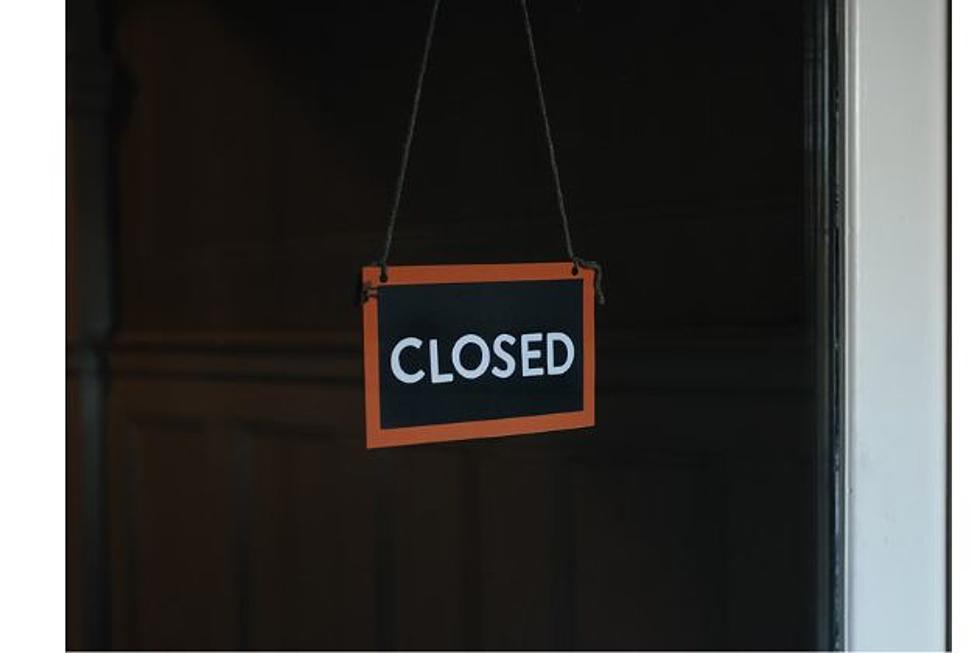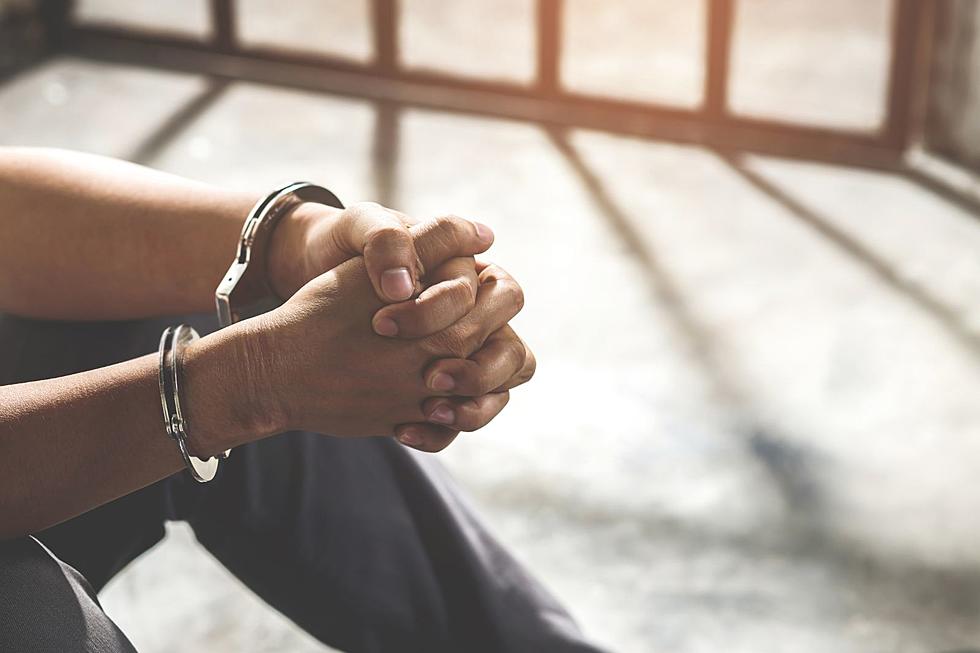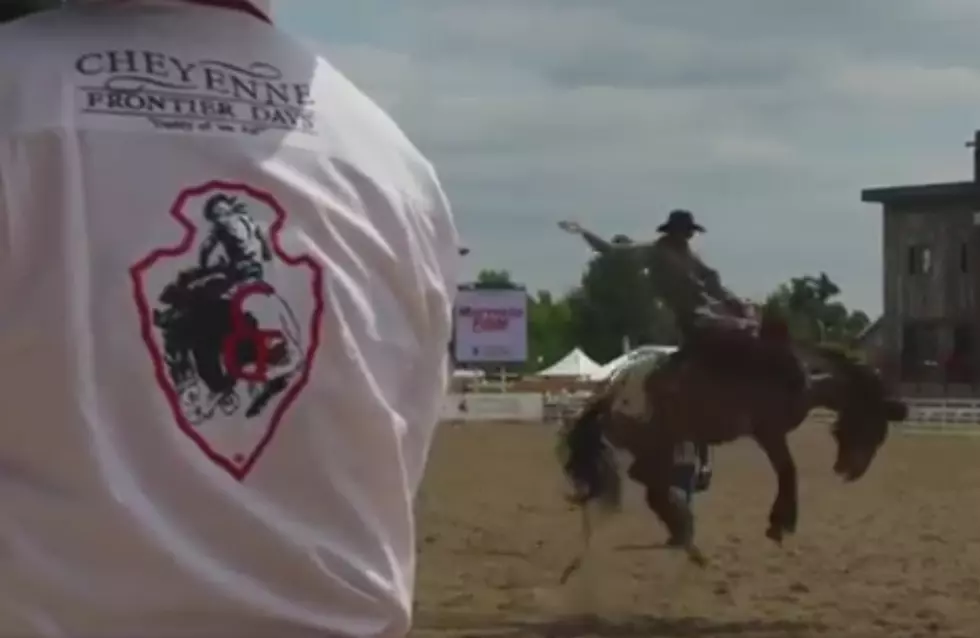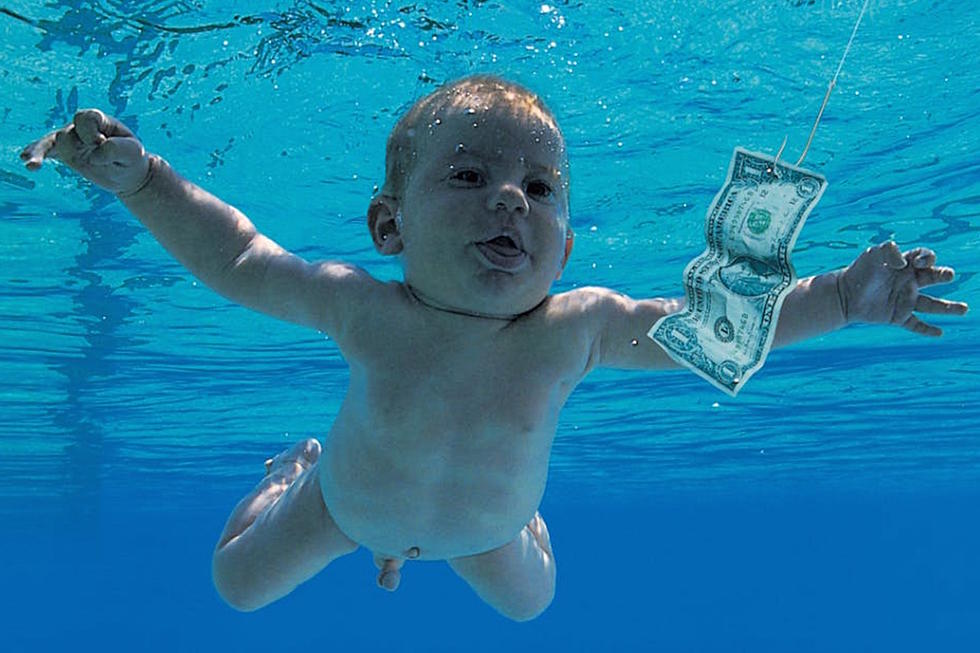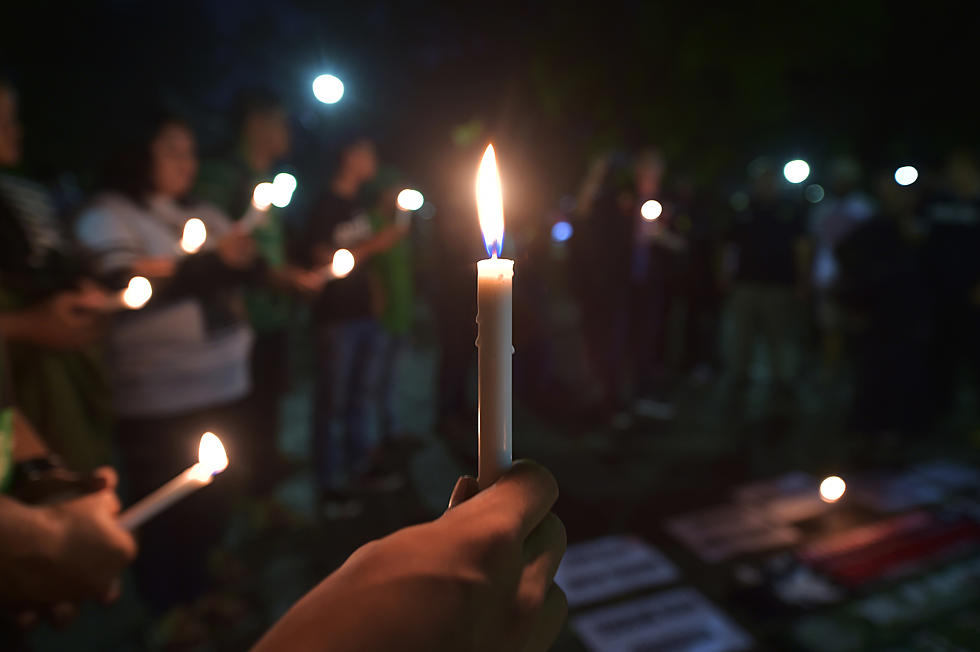
‘Hurt’ No More- Grandson of Johnny Cash Speaks on Life, Death, and the Redeeming Power of Music
The fact that he could dream at all while sleeping on the cold, hard, unforgiving cot in his 7x12’ cell was astonishing enough. Even more astonishing was how real that dream felt. In fact, in the early hours of the morning, before the lights were turned on, before the shouting started, before he shook away the grogginess to face the day before him, he wasn’t sure if it was a dream or a memory.

In the dream/memory, his grandfather called him on the telephone.
“You can’t do this forever,” he said.
“I know,” the man replied.
“So what are you going to do about it? What are you going to do about you?”
“I don’t know,” he said.
“Well,” his grandfather said, “I want you to come over and talk to me. There’s something that I need to say and you need to hear.”
But before he could get there, before he could see his grandfather a final time, he started to wake up.
“No, no, no,” he pleaded. “Let me stay just a little bit longer.”
But he couldn’t, not this time anyway. The dream ended, his reality came rushing back to him and he woke up in his cell, alone.
Thomas Gabriel knows all about prisons. As a former police officer and an ex-con, Gabriel has been on both sides of the bars. More than that, though, for years Thomas was a prisoner of his own mind and his own heart.
And who could blame him? As the grandson of the legendary Johnny Cash, Gabriel has had to live up to other people’s expectations his whole life. Often, he failed to meet those expectations, like most of us are wont to do. But most of us don’t have a grandfather whom people refer to as “The Man in Black.” Most of us don’t have a legacy to live up to. Most of us aren’t born into a family dynasty, predicated on a proverbial ‘Ring of Fire.’ Gabriel has spent his life dancing through the flames of his family name. Sometimes he got burned. Other times, he burned somebody else. If what doesn’t kill you makes you stronger, Thomas Gabriel could stand toe-to-toe with The Incredible Hulk, before telling him to hold his beer.
Gabriel is a fighter. He has been his whole life. But it was a different kind of battle, the battle within, that he spent years fighting and almost lost. Except, he didn’t lose. He survived. He kept fighting. When ‘The Man’ came around, Gabriel told him to go back from whence he came. He’s stubborn, that’s all. Just like his grandfather was.
Gabriel shares many similarities with his late grandfather, including his singing voice. When Thomas Gabriel sings, if you close your eyes at just the right moment, you’d swear the year was 1965 and Cash himself had just taken the stage. But it was not just a similar voice and a rebel yell that he shared with his grandfather. Gabriel, like Johnny before him, was also a tortured soul who used his music as an escape, when the drugs would no longer suffice.
When Gabriel was a teenager, he got involved with a variety of narcotics. It wasn’t his first love, but it was certainly his only love for many years. Music always had a place in Gabriel’s head and heart, but it took a backseat to addiction.
“From the age of 11 to 18 or 19, I played [guitar] quite a bit,” Gabriel said. “I was in some bands, but after that, I got into police work. Then I went to prison and whatever else and I didn’t see a guitar for a long time.”
The prison sentence came after a string of assault charges. Gabriel makes no excuses for his behavior, but does note that his drug-use had also gotten out of control.
“I was a police officer and I had gotten to a point where morality had gone out the window and I was basically just callous to a bunch of things,” Gabriel stated. “I was a violent person. I had a drinking problem. I had a drug problem. I was a cop driving around, taking amphetamines at night to try and stay awake and, during the day, I was taking pills to try and go to sleep.”
He continued, stating that he “got to the point where it was just out of control. Mentally, emotionally, I was a wreck, just completely bankrupt.”
It got so bad that Gabriel had planned to seclude himself in a Motel 6 with his sweetest friends- drugs, alcohol, his motorcycles and a broken heart. There, he would wait for a pale horse to take him away, into the unknown.
But then, something happened.
“Out of nowhere, the phone rings” he remembered. “Not my cell phone. The phone in my room. I thought it was probably the guy at the front desk telling me to get my bike out of the room. But it was my mom. She said ‘There’s a man that wants to talk to you.’”
Gabriel admitted that when certain people found out he was Johnny Cash’s grandson, they would try to take advantage of him. They would come into his life, with their hands out, asking for anything that he could give. That’s how it usually was when strangers reached out to him.
But this time was different. Somebody was definitely sticking out their hand, but, this time, it was for Gabriel to grab a hold of.
“My mom ended up calling back and saying the same thing and I hung up on her again,” he said. “Then, an hour or two goes by and the phone rings again and it’s this guy.”
That guy was a man named Brian Oxley, a fan of Johnny Cash’s music who recently purchased Cash’s former farm in Bon Aqua, Tennessee. Oxley had been researching Cash and his family and he read that Gabriel was struggling, so he reached out.
“All he said was, ‘Hi, this is Brian. I think you’re going to die,’” Gabriel remembered. “That got my attention real quick. He told me that all he wanted to do was meet up and talk. So we did."
During the course of that conversation, Oxley asked if Gabriel would go to a rehab clinic, if he were to send him.
“What Brian didn’t know,” Gabriel said, “was that I’d already been [to rehab] 21 times. But I thought, a month to dry out, eat a bunch of food, hang out and not have any responsibilities once again? Sure, I’ll do that. So I agreed to go. He paid for it and sent me there.”
It was anything but a vacation, however.
During his 22nd stint in a rehab clinic, Gabriel finally began facing all of the issues and emotions he had spent so long trying to bury. Still, those feelings are tough to face head-on, which is why self-medicating is such a prevalent solution for many people.
“About a week before I got out, I made up my mind that once I left I was going to do what I usually do,” he admitted. “But then Brian talked to me again and said ‘I’d like you to try something else, more of a long-term thing.’
I fought him hard on that. But I ended up going. And I ended up not only going, but also working there. I became a counselor and did that for a while before coming back to the music thing.”
Gabriel was good at his job as a counselor. Most recovering addicts are, because they know how hard the battle to save one’s self really is. But it wasn’t his calling, it wasn’t his passion, it wasn’t his song.
It was always going to be music. From the time he was a kid, he displayed talent. He had been singing, as he put it, “since day one.” In 1995, he even recorded an EP in his grandfather’s studio.
“I took it to him and apparently he thought it was good too, but he told me to stop,” Gabriel said. “He wanted me to become a cop. It was his idea, not mine. I would have never made that decision on my own. I was the one who was always getting into trouble. He didn't think I should pursue music at that point in my life. But he did say, ‘Come back to it.’”
Thomas Gabriel finally did come back to it. Five years ago, Gabriel started singing, writing and touring. In doing so, he realized that his voice sounded “eerily similar” to that of his grandfather’s. It would have been easy to get by and make a few bucks as “the grandson of Johnny Cash.” But that’s not what Gabriel wanted. He wanted to make his own name and share his own story. In fact, Gabriel only plays a handful of his grandfather’s songs and it’s definitely not for monetary purposes.
“There are two reasons why I do his songs,” he revealed. “One, it makes me closer to him. It really does. I feel closer to him now than I did when he was alive. [The second reason is because] people miss him. I miss him. It just so happens that I have a similar voice so I’m able to keep his voice alive. I don’t do it to walk in his footsteps, because I never could. Nobody could. He was an old soul- very wise and an extremely deep person.”
Gabriel doesn’t give himself enough credit. He, too, is an old soul. He’s less interested in being a “rock star” and more interested in connecting with people.
He prefers to play smaller stages, like the one at The Gaslight Social. Gabriel played a show there on Friday, May 2nd 2019 and audiences expecting merely a good time' were given something completely different.
“I have no interest in entertaining,” Gabriel admitted. “What I have an interest in is getting a message across, whether it’s to one person or five people. I want the audience to say ‘I can relate to that.’ I have guys that just got out of prison, or that are strung out or whatever and they say ‘That touched me.’ That makes everything worth it. That’s what I want to portray. That’s what I want to get across. I want it to be real, which is why I don’t put up a lot of smoke and mirrors.”
Gabriel had been living a life of smoke and mirrors for years. But the smoke was starting to clear and he was finally able to actually start looking at himself in those mirrors, long-thought broken.
Now, his reflection doesn’t make him wince. He sees the man he has become and he’s proud of the man he continues to be. He knows he couldn’t have made it, but for the grace of God and his family.
That grace led him to a stage that held an especially sacred place in his heart - Folsom Prison. It was there that his grandfather recorded his infamous ‘Folsom Prison Blues’ record. It was recorded live, in front of the inmates of Folsom State Prison in Represa, California.
50 years later, Gabriel himself performed for the inmates. While playing some of his own songs, as well as those of his grandfather’s, Gabriel reflected on his life behind those very same bars. The location was different, but it always looked the same. Thomas Gabriel isolated himself for much of his life but now he lives for connection. And he felt no greater connection, perhaps, than when he was playing the same ‘stage’ that his grandfather did, all those years ago.
“I love connection,” Gabriel said. “Every show we’ve got, we make a connection. I’ve made more friends on these tours than I’ve ever had in my life. Coming from a 7'x12’ cell, where nobody even knew I was alive, to being able to travel around the country and connect with people, it’s amazing. I feel like I’m picking up where, at one point, I left off.
“I’m doing what I should have been doing the whole time.”
After playing the legendary Folsom State Prison stage, Thomas Gabriel was exhausted. When he got back to the hotel, a hotel not unlike the one he had almost ended his life in, Gabriel collapsed onto his bed and fell asleep almost instantly. And, after countless nights of trying, he finally came face-to-face, one last time, with his grandfather.
“There’s something I need to say and you need to hear,” Johnny Cash told his grandson.
Thomas glanced up at his grandfather, relieved that he could finally look him in the eyes...
"“You build on failure," he said. "You use it as a stepping stone. Close the door on the past. You don't try to forget the mistakes, but you don't dwell on it. You don't let it have any of your energy, or any of your time, or any of your space. You have failed, but you're not a failure. You are my grandson. My boy. My favorite singer. So sing, boy. Tell your stories. Share your failures. Sing your songs. And make sure that the world you entered will never be the same as the world you left. More than anything, know that I am proud of you. I am proud of you, and I love you."
Code Of The West: Wyoming State Code of Ethics
More From KGAB

